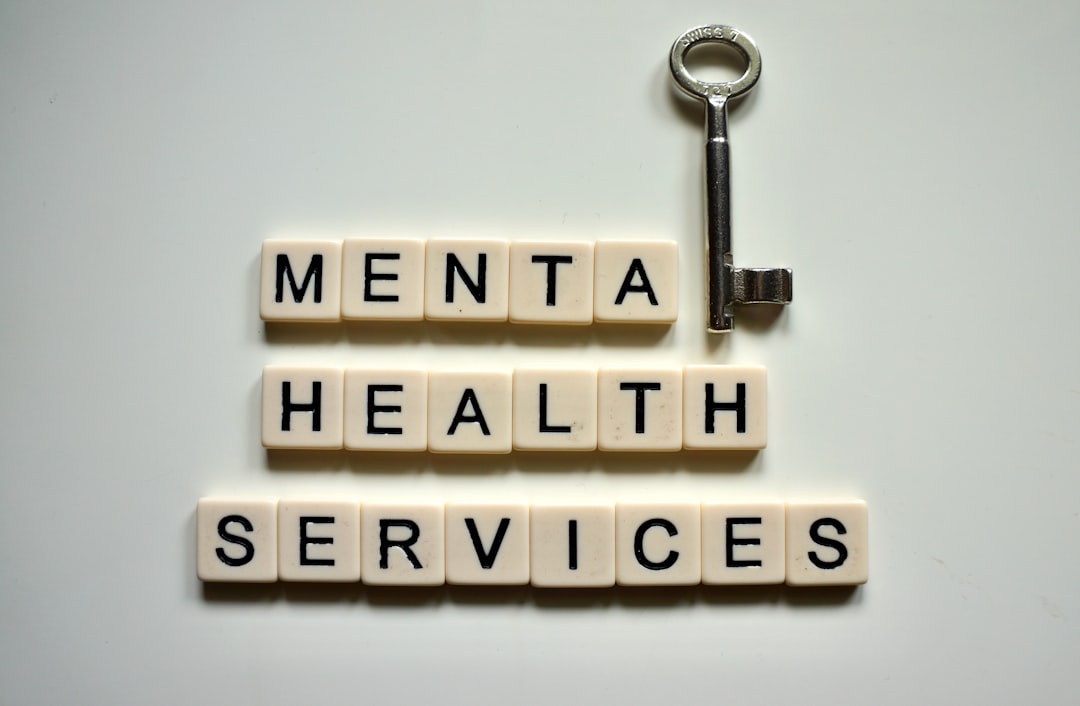
Unlocking Natural Serenity: Effective Strategies for Wellness Care
In today’s fast-paced world, the quest for inner peace and overall wellness has become more essential than ever. Unlocking natural serenity involves adopting effective strategies that promote not only mental tranquility but also physical health. This article explores credible health information, backed by research, to guide you on your journey towards wellness.
Understanding Wellness Care
Wellness care encompasses a holistic approach to health, combining physical, mental, and emotional aspects. It emphasizes prevention, self-care, and the importance of a balanced lifestyle. By focusing on wellness, individuals can reduce stress, enhance their mood, and improve overall quality of life.
The Importance of Mindfulness
Mindfulness is a cornerstone of unlocking natural serenity. It involves being present in the moment and observing thoughts and feelings without judgment. Studies have shown that mindfulness practices, such as meditation and deep-breathing exercises, can significantly reduce anxiety and stress levels.
Practical Strategies for Mindfulness
- Meditation: Set aside 10-15 minutes daily to practice meditation. Apps like Headspace and Calm can guide you through the process.
- Deep Breathing: Engage in deep breathing exercises whenever you feel stressed. Inhale deeply through your nose, hold for a few seconds, and exhale slowly through your mouth.
- Gratitude Journaling: Write down three things you are grateful for each day. This practice shifts focus from negativity to positivity, fostering a serene mindset.
Nutrition: Fueling Your Body and Mind
Nutrition plays a critical role in wellness care. A balanced diet rich in whole foods can enhance mood and energy levels while reducing the risk of chronic diseases. Research indicates that certain foods, particularly those high in omega-3 fatty acids, antioxidants, and vitamins, can improve mental health.
Key Nutritional Strategies
- Incorporate Omega-3 Fatty Acids: Foods like fatty fish (salmon, mackerel), walnuts, and flaxseeds are excellent sources. They are linked to improved cognitive function and lowered depression rates.
- Eat a Rainbow: Aim to include a variety of colorful fruits and vegetables in your diet. Each color represents different nutrients that contribute to overall health.
- Stay Hydrated: Proper hydration is essential for maintaining energy levels and cognitive function. Aim for at least eight glasses of water a day.
Physical Activity: Movement is Medicine
Regular physical activity is vital for maintaining both physical and mental health. Exercise releases endorphins, the body’s natural mood lifters, and can help alleviate symptoms of anxiety and depression.
Engaging in Physical Activity
- Find What You Enjoy: Whether it’s dancing, hiking, or yoga, choose activities that you find enjoyable to make exercise a sustainable part of your routine.
- Set Realistic Goals: Start with small, achievable goals. Aim for at least 150 minutes of moderate aerobic activity each week, as recommended by health experts.
- Incorporate Movement into Daily Life: Take the stairs instead of the elevator, walk or cycle instead of driving short distances, and take breaks to stretch during long periods of sitting.
The Role of Sleep in Wellness
Quality sleep is often overlooked but is essential for physical health and emotional well-being. Research indicates that inadequate sleep can lead to increased stress levels and decreased cognitive function.
Tips for Better Sleep
- Establish a Sleep Routine: Go to bed and wake up at the same time each day to regulate your body’s internal clock.
- Create a Relaxing Environment: Ensure your bedroom is dark, quiet, and cool. Consider using earplugs or a sleep mask if necessary.
- Limit Screen Time Before Bed: The blue light emitted by screens can interfere with melatonin production. Aim to unplug at least an hour before bedtime.
Addressing Common Misconceptions
Many people believe that wellness care requires significant time and resources. However, even small changes can have a profound impact on overall health. It’s essential to recognize that wellness is a journey, and progress can vary from person to person.
Encouragement for Your Wellness Journey
Embarking on a wellness journey is a personal and unique experience. It’s important to be patient with yourself and celebrate small victories along the way. Share your experiences with friends or family for support, and consider forming a wellness group to motivate each other.
For further reading, consider exploring resources like the Mayo Clinic and Harvard Health for additional tips and strategies related to wellness care.
By implementing these effective strategies for wellness care into your daily life, you can unlock your natural serenity and enhance your overall well-being. Embrace this journey, and remember to prioritize your health and wellness for a happier, more fulfilling life.


